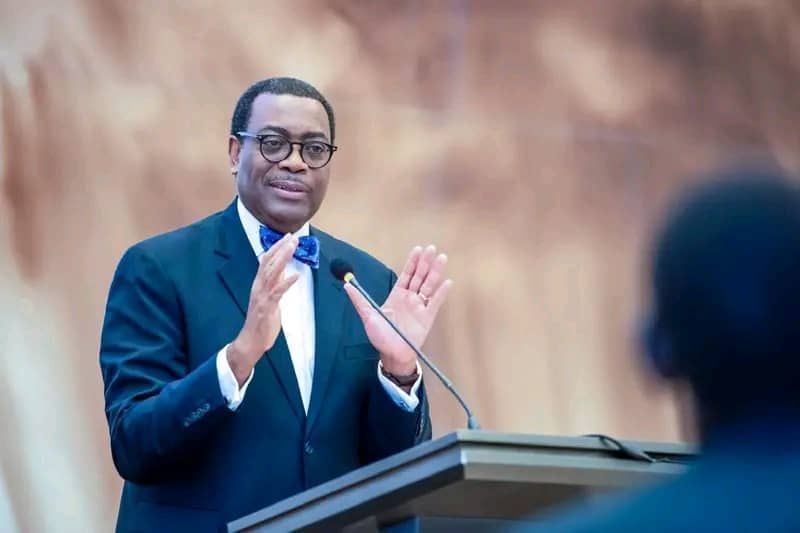By Burnett Munthali
The African Development Bank (AfDB) says there is need for financiers to reform their financial system to support the growth transformation of the African continent.
AfDB president Akinwumi Adesina was speaking to the press ahead of the official opening of the bank’s annual meetings on Wednesday in Nairobi, Kenya.
He said the current global financial crisis architecture has much disadvantages on Africa amid insufficient funding gaps for infrastructure development,food security,energy and climate change.

Adesina further said there are poor ratings and credit downgrades placed on African countries’ sovereign bonds which have higher interest rates compared to their counterparts in other markets.
“This year, African countries are expected to pay at least $74billion in debt service, up from $17billion in 2010.
“One of the key reasons behind Africa’s slow structural transformation has to do with insufficient resource mobilization, both internally and externally. Internally, Africa generates too little fiscal revenues, with tax revenue mobilization largely oil and commodities dependent, volatile and lags other regions,” Adesina said.
The meeting is being held under the theme “Africa’s transformation, African Development Bank Group and reform of the global financial architecture.”
The meeting has brought together high level decision makers from across the African continent and others.
Investment in physical infrastructure and human capital are also crucial. There must be efficient institutions that provide the right set of incentives to farmers and entrepreneurs. Social policies are required to promote health, education, and social capital, as well as to provide safety nets to protect the poor.
Underdevelopment can be overcome in Africa. Empowering individuals, fostering a mindset of innovation and resilience, is key. As Africans, we must invest in education, technology, and leadership development to bridge the gap. Our progress on the global stage is intricately linked to our ability to overcome internal challenges.
We can make Africa better. Our results suggest that domestic investment, net ODA inflows, education, government effectiveness, urban population, and metal prices positively and significantly affect Africa’s economic growth.
The Program for Infrastructure Development in Africa (PIDA) is a continental initiat resources to transform Africa with modern infrastructure. Its cross-border infrastructure projects and programs cover four main sectors: energy, transport, cross-border water and ICT.
Nearly 282 million people in Africa (about 20 percent of the population) are undernourished, an increase of 57 million people since the COVID-19 pandemic began. More than a billion people are unable to afford a healthy diet. Around 30 percent of children are stunted because of malnutrition.
Access to energy will make or break the continent’s effort to adapt against climate change including adverse weather events, water scarcity, and significant threats to livelihoods. However, Africans are getting the short end of the stick in the global race to combat climate change when it comes to energy.


